Buddhism is a non-violent religion. Whether it is a love of one's fellow man, a love of all being and a love of wisdom, love and Buddhism are indeed inseparable according to Buddha's instructions, hence the Buddhist prayer.
Buddhist prayers combine the mind, visualization and recitation of mantras.
Who do we believe in and how to perform Buddhist prayer?
Unlike other religions, Buddhism is not necessarily presented with numerous prayers. However, Buddhist prayers take a spiritual approach that helps you discover good ethical and passionate stability. To begin your prayer, remember that you are contented and peaceful beings.
Buddhism: a non-deist belief
Buddhism does not address God or any external entity. In other words, it has in itself the nature of a statue representing the Buddha. Thanks to his spiritual path, this Buddha will guide you to realize your prayer. Since we are in an imperfect world and in certain minds, we feel the need for support on the path and we pray the following Buddhist prayers to evolve: - To the three ornaments: the Buddha, the Dharma and the Sangha - To the Archetypes of values, also called Ydams or Déites. Let us take the case of Tchenrézi for mercy. - To our spiritual Mentors coming from a consistent and invariable line since the history of Buddha Shakyamuni. These three supports are the origins of all the facts carried out.
The four ways linked to Buddhist prayer
1- Externally: similarly in many beliefs and customs, it brings together the hands next to the heart (pitfall of the mind) and the reading of the text. 2- On the inside: when we pray Buddhist prayers, we need concentration, reverence followed by a very natural look. 3- In a hidden way: by freeing us from the triplicity that is to say the prayer made by the subject, the object that we pray and finally the very action of conjuring. 4- In an extreme way: Buddhist prayers are an authentic meditation.
The prayer to Ydam is done at the time of a visualization. It begins in the gap and stops by resolving into emptiness. It is an action on the mind. It is okay to chant the glorious Sanskrit texts out loud there to help your mind focus. It is therefore essential to properly understand spiritual emotion.
The importance of the word “love” in Buddhism
Buddhism is a cult that studies the relief of the soul of each individual. Thanks to his awakening, it is impossible to live in pain. Initiation into Buddhism presupposes the idea of the principle of Karma and new birth.The three forms of love in Buddhism
Karma is a cause and effect relationship. Achieving good things in life allows you to escape bad Karma. But an action can only be good if it is informed by compassion. The primordial form of love in Buddhism is mercy. The latter allows us to escape the suffering of others. It can even be the cure for your suffering. The second form of love is benevolence.
The latter seeks to obtain the proxy of happiness for others. The two liminal forms align primarily with sustained love on the thing called Sattvalambana. The latter defeats evil and that carried on the being called Sharmalambana. It aims to ensure the happiness of another person. However, there is the third form of love in Buddhism which is estimated as the supreme love. The one that does not rely on the individual or the object called Analambana
What are the different types of prayers in Buddhism?
In fact, the Buddhist implores to awaken all creatures and to eradicate all wells of suffering. However, initiation into Buddhism as well as the usefulness of prayer teach us the distinction of very different characters depending on the person towards whom it is directed. destined by Self or by Others.Prayer for yourself
Buddhist prayers can be said for oneself by strengthening our thinking and simplifying the achievement of Awakening. For this, we must meditate. Through meditation we can realize what is essential and what makes us suffer. So we can plead for our spirit to be suitably strong. Our prayer allows us to renounce the sources of suffering and direct ourselves to what is important and what seems valuable to us.
This type of spirit is called a Yidam. During this spiritual movement, the prayer pronounced the “Mantra” also called the word of protectorate was presented by the Buddhas. Prayer for oneself can also have another aspect, particularly Vajrayana. This type of prayer is intended for the trinomial composed of the Buddha, the Dharma and the Sangha. Its aim is to strengthen our connection with the Trinity.
Prayer for another person
Apart from this prayer for oneself, there are also other forms of Buddhist prayers. These can still be sent to everyone in this universe. This form of prayer aims to help them achieve enlightenment and move away from the insignificant affections of this world which bring them pain and suffering. Buddhist prayers can be done either by meditating or by writing them on pieces of sheets. These modes of prayer allow us to spread to the cosmos while using the wind. This second case is regularly encountered among Tibetan Buddhist Monks who thus attach their prayers to flags.Why do we pray?
Prayer is a labor of love that protects us from a deeper connection with our fellow human beings and nature. Before praying, first examine the authenticity of our intention. Buddhist prayers have two main goals: 1- Our own good: at the correlative level to give gifts and at the extreme level to have enlightenment. 2- The relative and supreme accomplishment of all people. < a href="/en" target="_blank" rel="noopener noreferrer" title="Authentic Buddhist Shop | Buddha Buddhism®">
< a href="/en" target="_blank" rel="noopener noreferrer" title="Authentic Buddhist Shop | Buddha Buddhism®">

















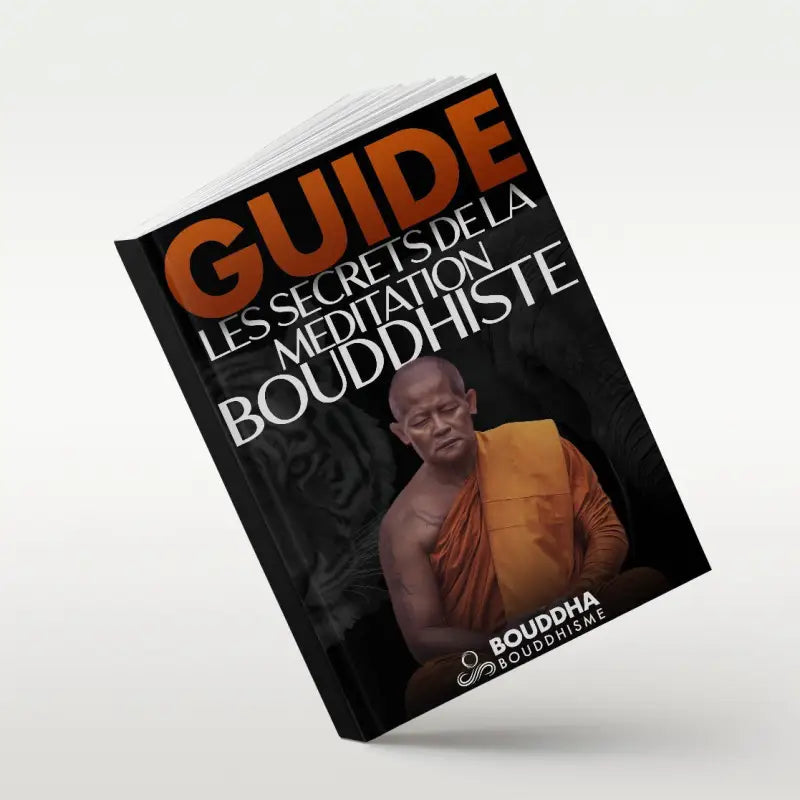
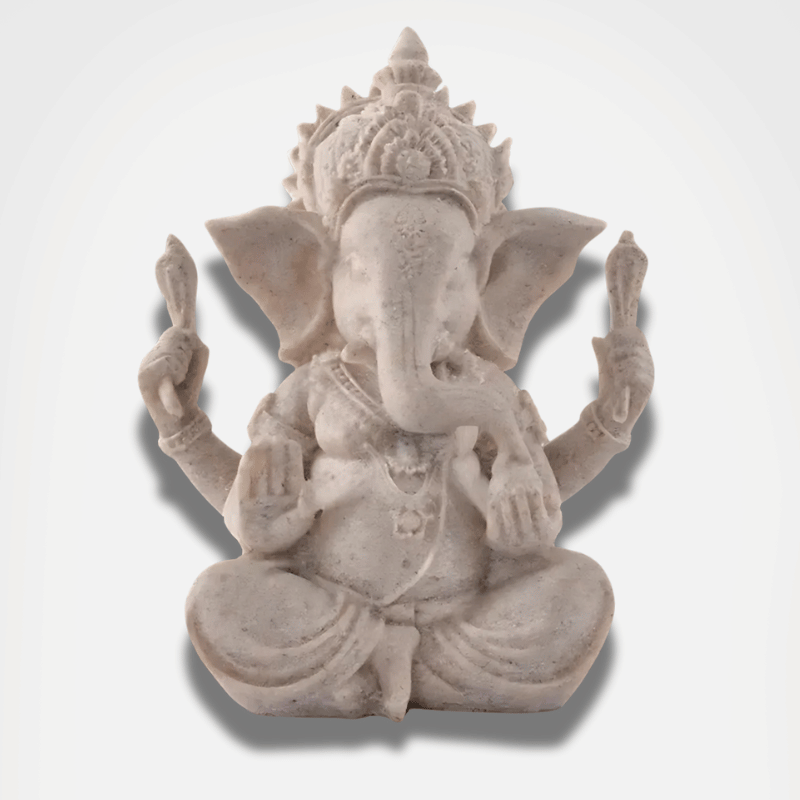
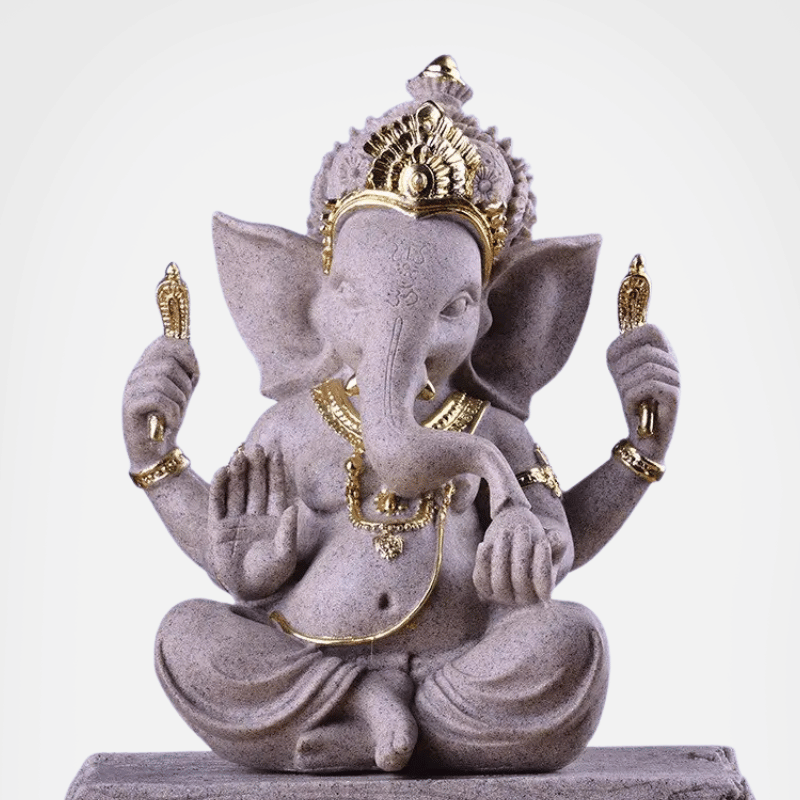
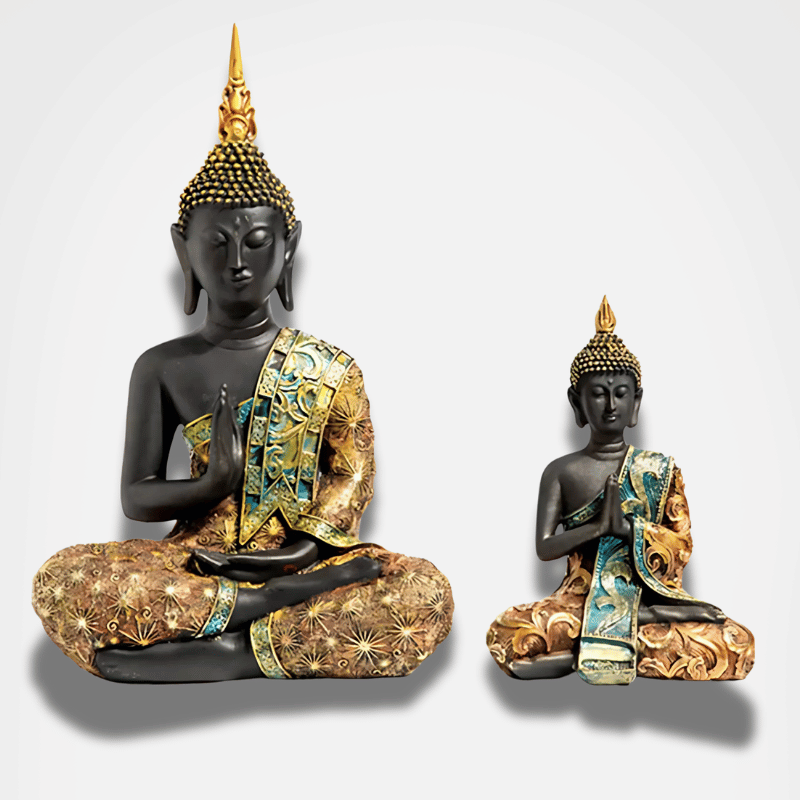
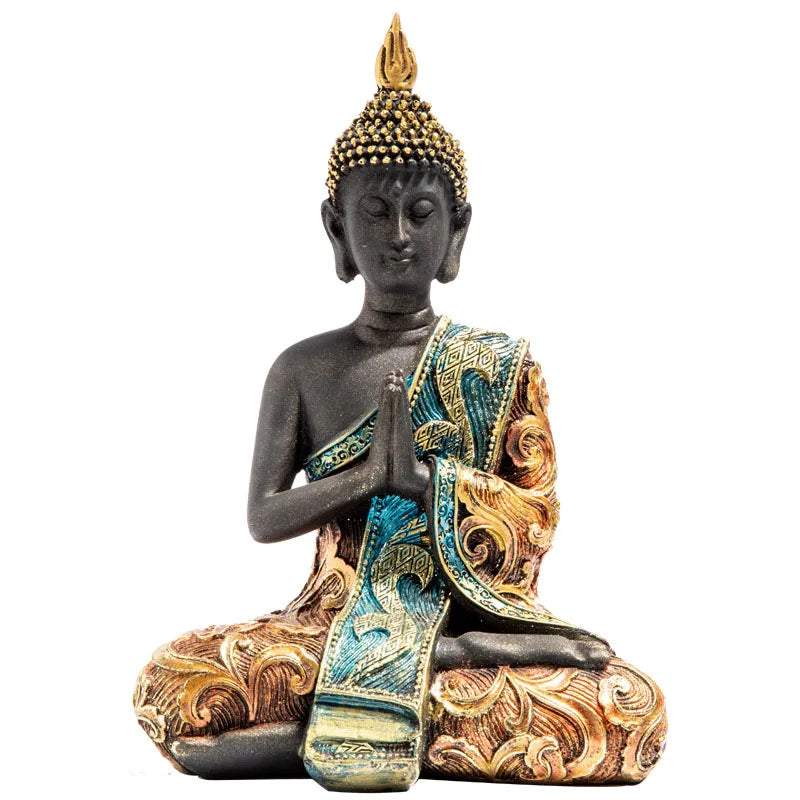
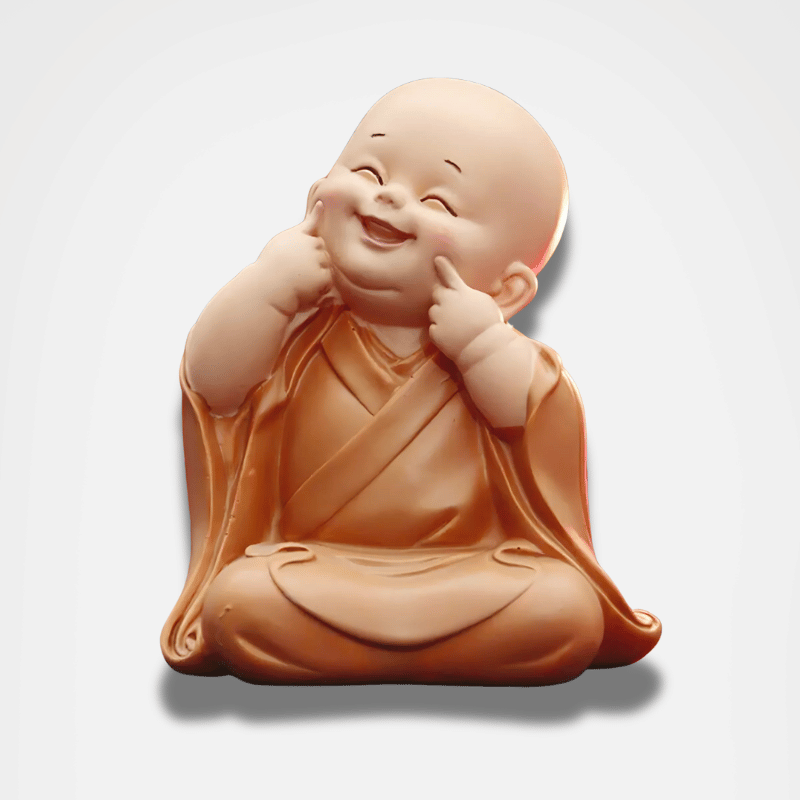



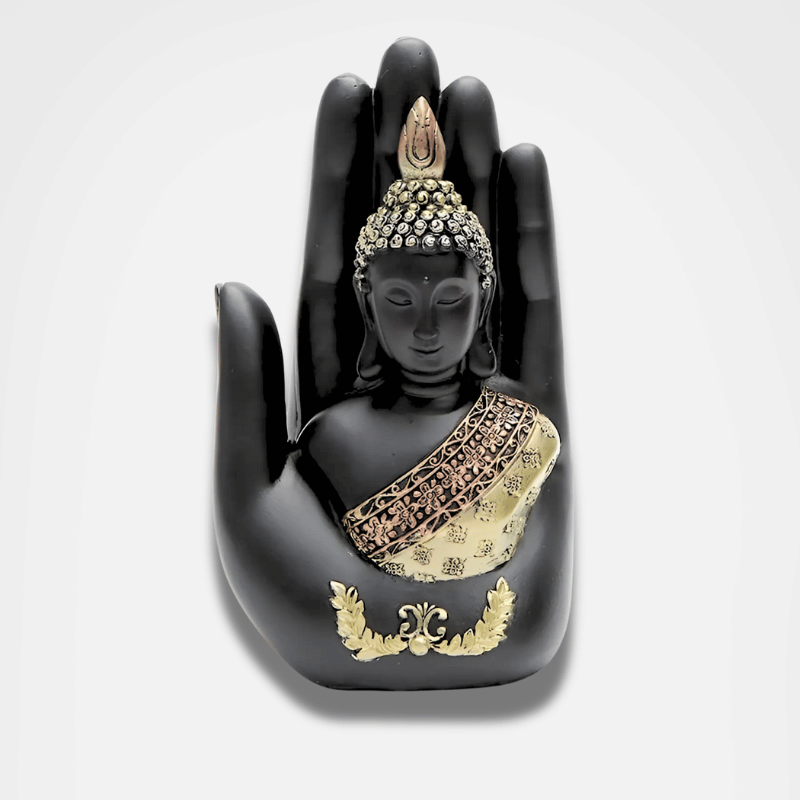
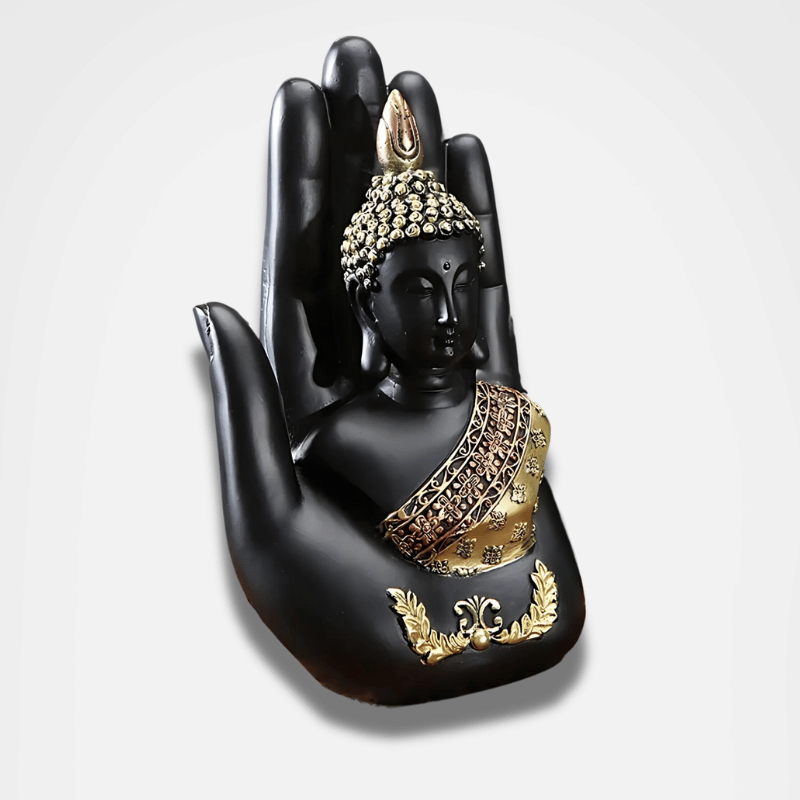









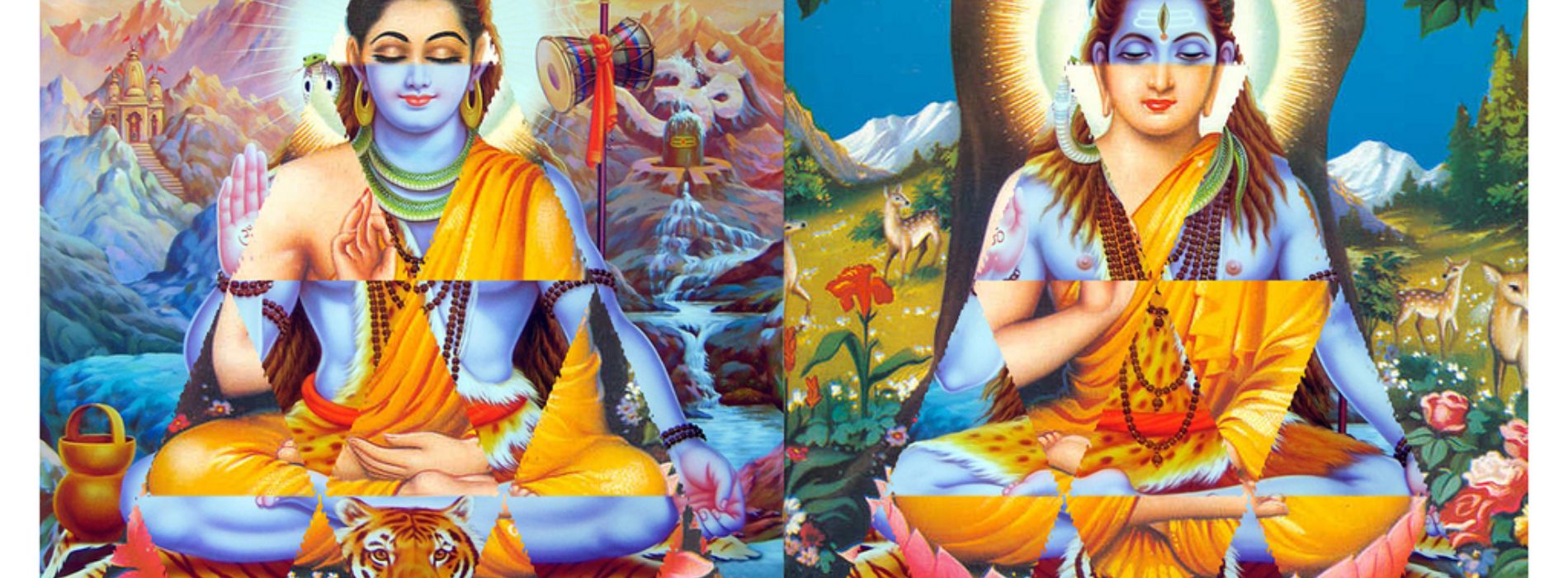
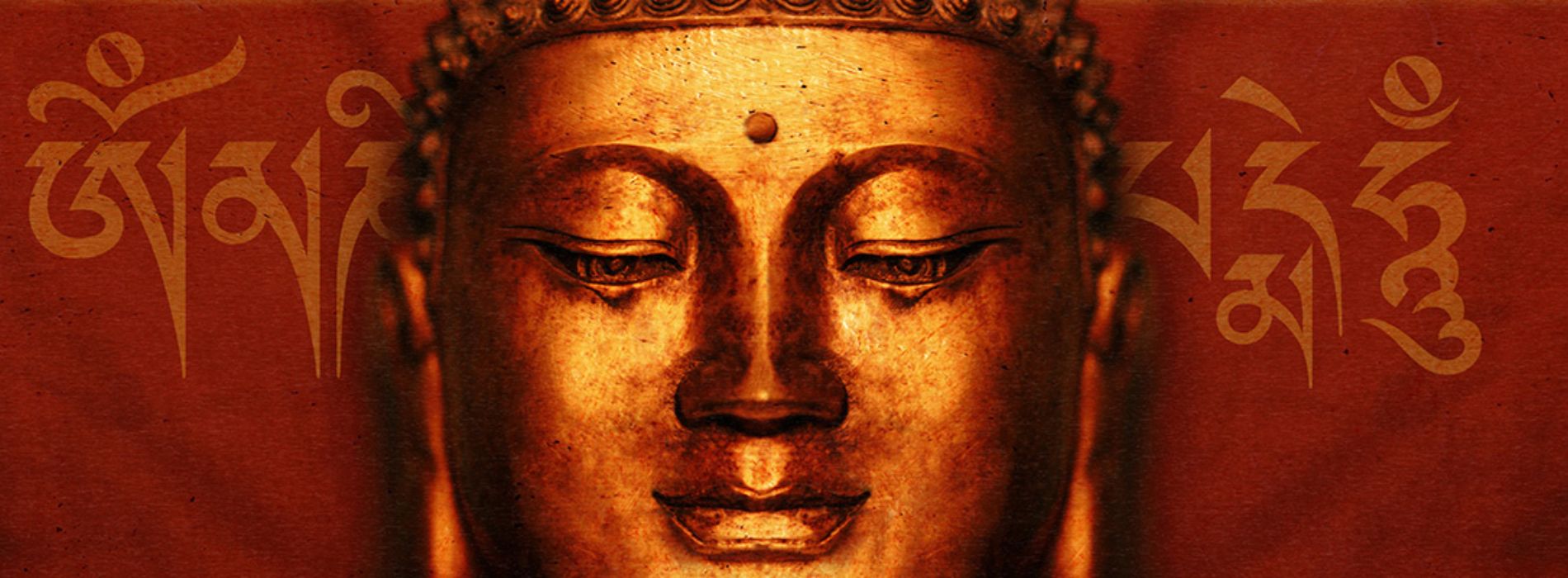



1 comment
geffray
bonsoir , cela maintenant 11 ans que j’étudie le bouddhisme , surtout celui tibétain ( trés important pour moi ) mais voila je n’est jamais trouver un guide ou maitre pour me perfectionné dans ma pratique mais je continue a étudier . ou trouvé ce guide si précieux ? merci de votre réponse bien cordialement .